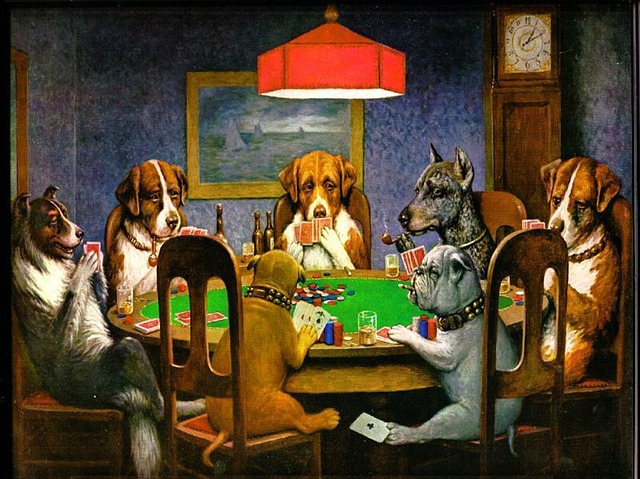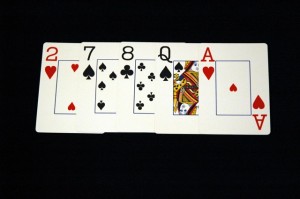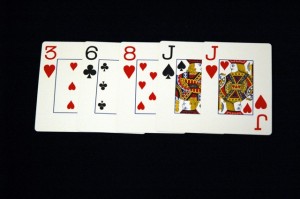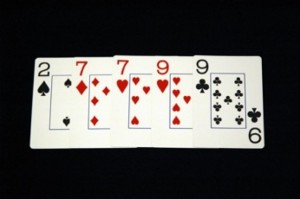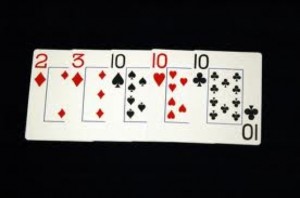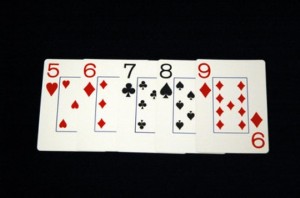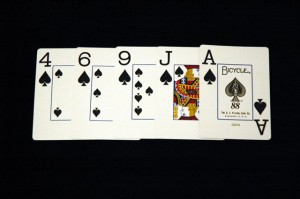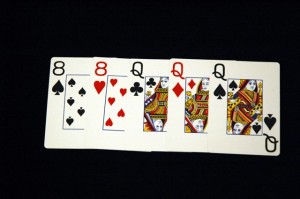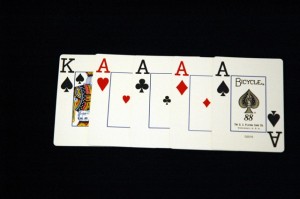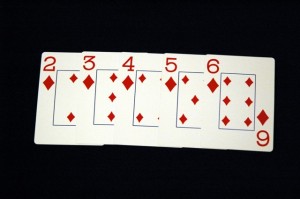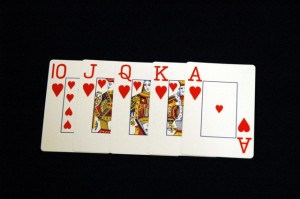Shower the People

by James Taylor
an American singer-songwriter and guitarist who has won 5 Grammy Awards. This song is from his 1976 album, In the Pocket.
You can play the game; you can act out the part
Though you know it wasn’t written for you
Tell me how do you stand there with your broken heart
Ashamed of playing the fool
When one thing can lead to another
It doesn’t take any sacrifice
Oh father and mother and sister and brother
If it feels nice, don’t think twice, just
Shower the people you love with love
Show them the way that you feel
Things are gonna turn out fine
If we only will; what I mean to say tonight is
Shower the people you love with love
Show them the way you feel
Things are gonna be much better
If we only will
You can run but you cannot hide
This is widely known
And what do you plan to do with your foolish pride
When you’re all by yourself alone?
Once you tell somebody the way that you feel
You can feel it beginning to ease
I guess it’s true what they say about the squeaky wheel
Always getting the grease; it’s better to
Shower the people you love with love
Show them the way that you feel
Things are gonna be just fine
If you only will now; what I mean to say to you is to
Shower the people you love with love
Show them the way you feel
Things are gonna be much better
If you only will
Oh, shower the people you love with love
Show them the way that you feel (repeat)
[Enjoy the rest of the song without any words]
Vocabulary:
act out – be like an actor
part – the character an actor plays
though – but
ashamed – feeing like you’ve done something bad
playing the fool – believing it was real love when it wasn’t
lead to – take you to
sacrifice – hard work
think twice – think that you are making the wrong decision
gonna – going to
turn out – become
Lord – God
widely – by most people
foolish pride – not wanting to think you’re wrong
by yourself – with no one else
once – when
ease – get easier
squeeky wheel – a wheel that makes a lot of noise when it’s used
damn – a word you say when something is giving you a problem
grease – an oil product used to stop squeeks
© 2015 Ambien Malecot for vocabulary lesson only





